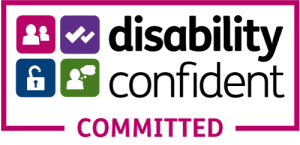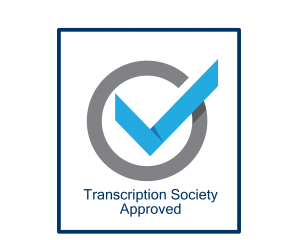If you are an undergraduate or postgraduate student at a UK university, you may be surprised to hear your tutors instruct you to transcribe research interviews you undertake as part of your course yourself. I know this because very recently I attended a business management course at the University of Salford and one of the lecturers indicated that this was the approach of her department.
Immersion in the work
There are a number of reasons for this; the main one of these is that the tutors feel that if you undertake the transcription yourself, then you are more likely to immerse yourself in the actual research you have undertaken, and you will know it well. Furthermore, because you have been the interviewer, you will know what answers are being given and be able to transcribe it quite accurately.
Efficient use of time?
We agree that if you have been involved in a recording you are more likely to be able to accurately transcribe it. Moreover you usually know the terminology and by transcribing the recording you will also retain a lot more of the content in your memory. However we are not sure about the efficiency of transcribing your own recordings.
Dead time
It takes a huge amount of time to transcribe recordings with the usual for most students being about five hours to transcribe one interview of up to one hour. This in our opinion is a huge drain on your time as a student, and perhaps tutors feel that this is quite important, but similarly I suspect a lot of students feel that it is dead time and could have been spent doing something more useful.
Our experience of a lot of people who do embark on this and follow their tutor’s advice is that they will have a go, realise how much time it takes to complete and then look around at options for transcription.
Zoom/Teams
There are other options out there, one of which is to conduct your academic research via Zoom or Teams, and then use the automated transcription on Zoom or Teams to prepare a written version of your recording. This can be very effective in certain circumstances, but our anecdotal experience is that unfortunately there is no easy solution. Even using Teams or Zoom and utilising the automated systems will still result in needing to spend around two to three hours going through the transcription that has been prepared, and putting it into some kind of order. Automated transcription systems are not yet accurate enough to provide you with anything that is usable without a considerable amount of extra work.
Using a transcription service
The advantage of using transcribers is that you free up your time from the many hours you would have spent transcribing your interviews, to enable you to do other and more fruitful things. So, for example, if you have say five hours of recordings, then you are very likely to be needing to spend at least 20 hours of your life transcribing them, assuming you are able to type at a reasonable speed of more than 40 words per minute, you have a good ear for the spoken word, and you have downloaded some software to enable you to rewind and fast forward quickly through the recording to get to the bits you need to hear again.
The disadvantage of course of using an academic transcription service to do the work for you, is that it’s not instantaneous and it does cost money, something most students have little of. You can be assured however that the version that comes back to you will be virtually 100% accurate and you will be able to use the documented version almost immediately without needing to go through and spend copious amounts of time checking it.
Life is too short?
We appreciate pressures on finances for students, but similarly we are very aware that there is a time limit for most students as to how long they can spend doing something like this, and transcription is a particularly time consuming job. There are no really easy ways of doing it, even with the advances in automated transcription technology.









